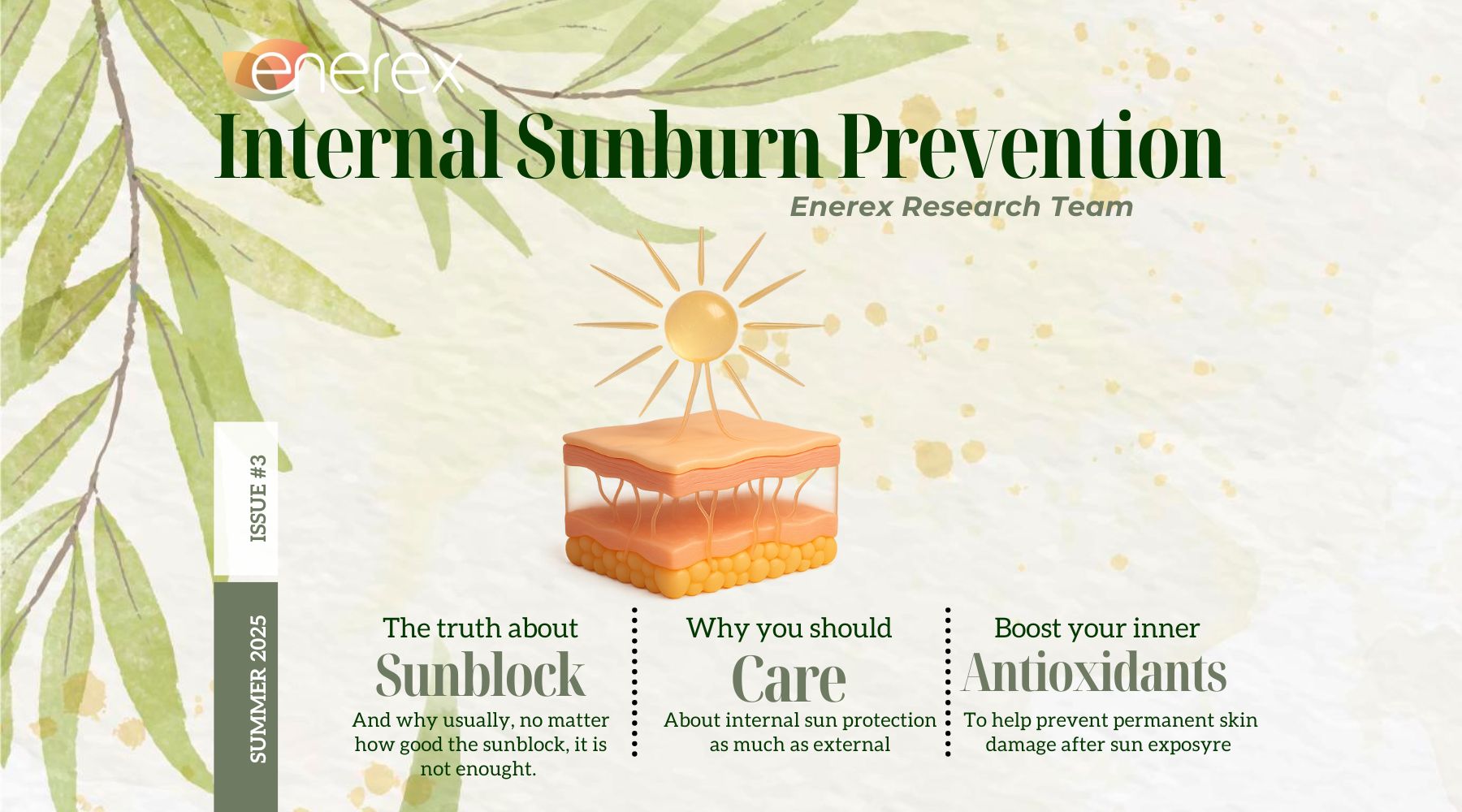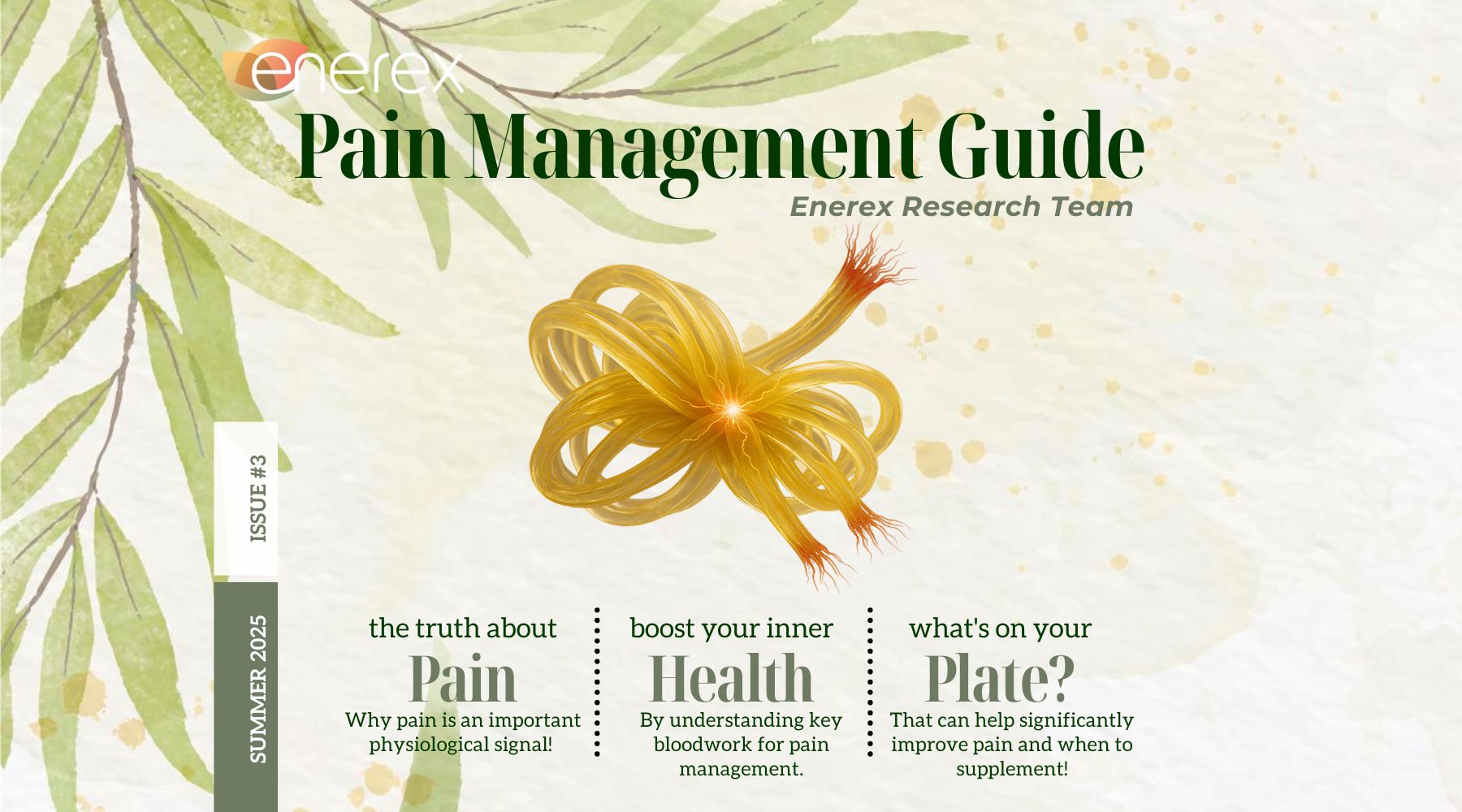5 Reasons Your Body Feels Stiff & Sore
It is possible to feel like your best self at any age or stage in life. If you justify feeling sore and stiff as being a normal part of the aging process, you should know that how you feel on a day-to-day basis and how you age, is an exact representation of how you’ve treated your body through your lifestyle choices over the years.
There are substantial root causes as to why we feel stiff and sore, and they really don’t have anything to do with aging. Here’s a look at what might really going on:

Blog Contents
5 Reasons Your Body Feels Stiff & Sore
Trauma
It’s common to blame the aging process for aches and pains, but if you’ve injured yourself in the past, in many cases your current pain may actually be stemming from an old trauma that was not properly dealt with. With impact trauma, an injury can be active in your body for years and can create enough stiffness to get your attention.
Repression
Studies actually show that pain can be both psychological or emotional in origin (1). In the act of repression, we use our own muscles to hold back our emotions - not all pain is purely physical in nature. Chronic pain could be linked to repressed psychological or emotional stress that is directly causing your muscle tension.
Stress
Pay attention to how your shoulders and neck tense up when you are put under pressure, we also tend to take shallow breaths when stress levels are high. While our natural stress response is designed to help us respond when we are faced with a fear, whether the fear is actual or imaginary, one of the consequences is hardening muscles. If you’re not taking time to detox stress and Recharge, daily pain and stiffness can be a result.
Inactivity
Movement is probably the most essential aspect of keeping your body feeling free and flexible. When we activate our muscles it makes our tissues warm and introduces a more fluid state. If we go days or weeks without taking the time to exercise and move - we actually are creating stiffness. Neglecting daily exercise and movement has been shown to speed up the aging process and additionally put you at risk for cardiovascular disease, type 2 diabetes, obesity, and musculoskeletal disorders. (2)
Contractive Movement
One thing that may just be worse than inactivity is taking part in the wrong kind of movements. Muscle stiffness after exercise is usually the result of low-level micro-trauma or small tearing of the muscle fibres - caused by the stress factor that comes naturally with exercise. Not only is it important to ensure that you are performing exercises correctly, but it is also important to avoid over-training. More is not always better and you don’t need high-intensity workouts to see results. It’s important to balance out your lifestyle by including activities such as therapeutic yoga flows and core work such as pilates.
How to Support Your Body to Relieve Joint Pain and Stiffness
Type II Collagen: Made of amino acids (protein) in the body’s cartilage, has been shown in studies to reduce pain and stiffness and increase joint function. How? Supplementing with this pure collagen may reduce the body's autoimmunity to its own collagen (the body mistakenly attacks itself, causing joint inflammation). This can result in less inflammation in osteoarthritis, and increased joint health.
Glucosamine Sulfate: The body makes small amounts of Glucosamine, concentrated in joint cartilage. Glucosamine is found in structures known as proteoglycans which attract water into the joint area to lubricate the cartilage during movement, help cartilage form, protect joints from injury, and decrease inflammation. The benefits of Glucosamine are backed by over 300 scientific studies including long-term research on hundreds of knee osteoarthritis patients.
MSM: MSM is a naturally occurring type of sulfur that is important in the formation of collagen and glucosamine. Sulfur helps nutrients and fluids to flow through cells and removes toxins from the cells. This may help maintain healthy bones, joints, ligaments, and tendons, and may help to reduce pain and inflammation. MSM may also be an anti-inflammatory. Research from 2005 shows positive effects on osteoarthritis.
Bamboo Silica: Silica stimulates the deposit of natural substances called chondroitin sulfate and hyaluronic acid into cartilage, which may help to manage joint pain. Silica improves the function of Glucosamine Sulfate. Silica is used in supplements to make the mineral Silicon. Silicon was found in studies to be lower in animals that had bone and cartilage malformations. Lack of Silicon can negatively affect the formation of Collagen and Glucosamine in the body.
Vitamin C: Vitamin C is required to create chondroitin sulfate and collagen that are needed in making connective tissue. Vitamin C’s role in wound healing may also be of benefit in joint injuries. As an antioxidant, it can help reduce oxidation (damage from free radicals) which increases aging and breakdown in joints. A long-term British study in 2004 found that those getting less vitamin C and eating fewer fruits and vegetables were at greater risk of developing arthritis.
Kale: Kale is rich in the antioxidants beta-carotene and Vitamin C which are vital to joints. It’s an excellent source of calcium, which helps to keep bones strong. Kale helps to create an alkaline environment that has been shown to reduce inflammatory conditions such as arthritis. When juiced, it’s more easily absorbed than the whole plant that contains the indigestible fibre, and its vitamins, minerals, and enzymes are more concentrated.
Expertly Formulated Free Flex
Enerex Free Flex supplies all of these highlighted key ingredients to help keep your joints in tip-top working order: Hydrolyzed Type II Collagen, Vegan Glucosamine (shellfish-free), MSM, Bamboo Silica, and Vitamin C. Their synergy may help to build, maintain, and improve joint cartilage, supporting ligaments, and tendons to preserve mobility, alleviate stiffness and pain, help rebuild damaged tissue, and reduce inflammation.
Whether you want to maintain your joint health or repair tissue damage, Free Flex brings the necessary nutrients to help make it happen.
Article References
- Psychological assessment of chronic pain patients - http://www.scielo.br/pdf/rdor/v15n1/en_1806-0013-rdor-15-01-0051.pdf
Exercise training as a preventive tool for age-related disorders - https://www.ncbi.nlm.nih.gov/pmc/articles/PMC3654306/
24-Week study on the use of collagen hydrolysate as a dietary supplement in athletes with activity-related joint pain - https://www.ncbi.nlm.nih.gov/pubmed/18416885
Effect of collagen hydrolysate in articular pain: a 6-month randomized, double-blind, placebo-controlled study - https://www.ncbi.nlm.nih.gov/pubmed/22500661
Collagen hydrolysate for the treatment of osteoarthritis and other joint disorders: a review of the literature. - https://www.ncbi.nlm.nih.gov/pubmed/17076983








Leave a comment